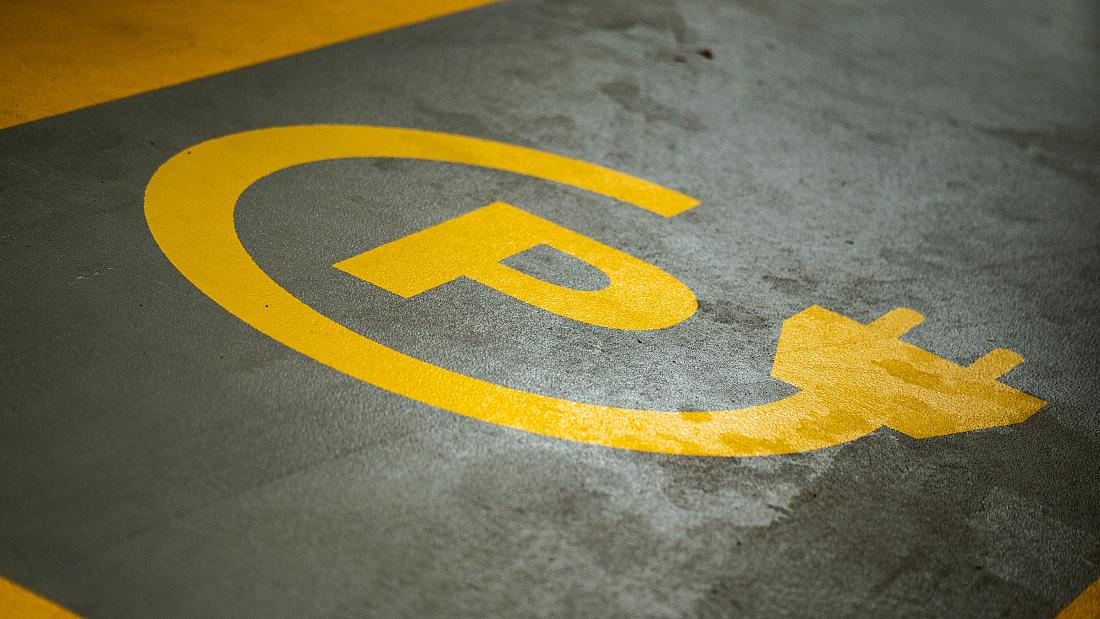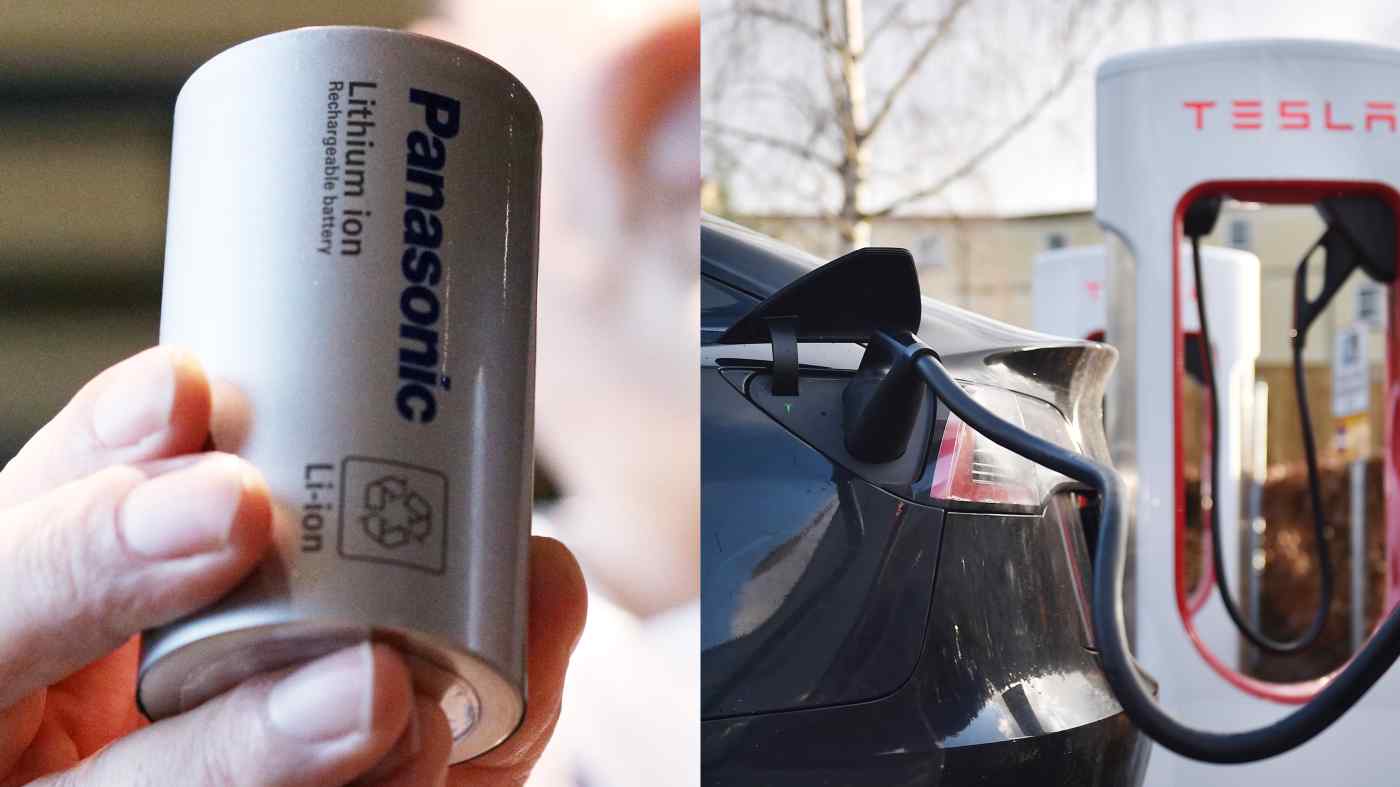Mass production of new 4680 lithium-ion batteries
Panasonic will start mass production of new 4680 lithium-ion batteries that increase the range of electric vehicles over 15% as early as 2023, with plans to invest about 80 billion yen (€622 million) in production facilities in Japan
The new battery is expected to give the vehicles one of the world's longest ranges per battery weight and will compete with rival South Korean and Chinese battery makers.

Panasonic will start test production of a next-generation of this 4680 battery at a facility in Japan’s western Wakayama Prefecture, Chief Financial Officer Hirokazu Umeda said Wednesday at a briefing on the company’s quarterly financial results. The company will also set up a prototype production line for the batteries early this year in Japan.
The new battery will be twice as big as older versions, with a fivefold increase in capacity. This will allow car manufacturers to cut down on the number of batteries used in each car, which will also reduce the time taken to fit them in the vehicles. Given its high efficiency, it will cost 10% to 20% less to produce these new batteries, compared with older versions on the basis of capacity.
Panasonic is expanding its plant in Wakayama prefecture and bringing in new equipment to mass produce the new Tesla batteries, with a fresh investment of around 80 billion yen ($704 million). It already has EV battery plants in Japan and U.S. and supplies batteries to EV plants operated by Tesla in California.

The Wakayama factory's annual production capacity is still under discussion but it is expected to be around 10 gigawatts per year which is equivalent to 150,000 EVs. This is around 20% of Panasonic's production capacity.
Panasonic plans to partially start operations this year to establish safe, efficient techniques before beginning mass production next year. The company has plans to expand mass production in plants in the U.S. or other countries.
Apart from Tesla, other carmakers and battery makers are also rushing into the sector.CATL has also announced a series of investment plans, with a total investment amount of close to 2 trillion yen. LG Chem has raised around 1 trillion yen by listing its affiliated company and plans to use the proceeds to invest in the U.S. Toyota Motor plans to invest 2 trillion yen in battery production and development by 2030.
Thanks to demand from Tesla, Panasonic once had a big chunk of the EV battery market. However, CATL and LG Chem in 2019 started supplying batteries to the Tesla plant in China, causing Panasonic to lose market share, which it is now trying to claw back through development of the new battery.












































































































